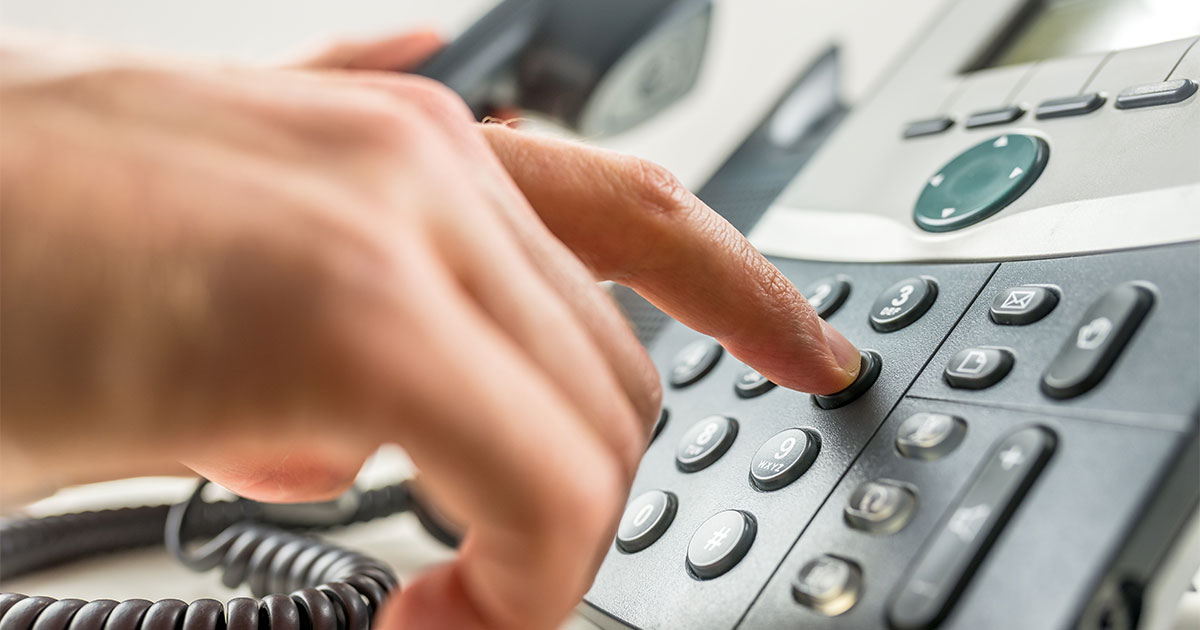
Question
I know that lawyers must not phone individuals who have been involved in an automobile accident. Can my paralegal contact them on my behalf to see if they need legal assistance?
Answer
Someone under your employment cannot have direct contact with a person known to be in need of legal services, and you cannot hire someone and pay them a fee to make contact. While this may seem restrictive, there is a long-standing history of prohibitions against an employee or a contracted person making contact with someone to solicit legal services when the lawyer cannot do so under the applicable Rules of Professional Conduct.
Several supreme court rules address the situation in which a law firm employee is making direct contact with someone who might need legal services. SCR 20:8.4(a) provides that a lawyer violates the Rules of Professional Conduct if the lawyer directs someone else to engage in conduct that would be a violation of the Rules of Professional Conduct if engaged in by the lawyer. Simply stated, the lawyer cannot have someone else engage in activities that the lawyer cannot do because of the requirements of the Rules of Professional Conduct. In this instance, a lawyer must not make direct personal contact with an individual known to be in need of legal services, such as a person who has been involved in an automobile accident. The lawyer also must not direct someone else to make that contact on behalf of the lawyer.
Further, SCR 20:5.3 provides that lawyers must supervise their employees and ensure that their employees are not engaging in conduct that would constitute a violation of the Rules. The language of SCR 20:5.3 provides as follows:
SCR 20:5.3 Responsibilities regarding nonlawyer assistance with respect to a nonlawyer employed or retained by or associated with a lawyer:
…
(b) a lawyer having direct supervisory authority over the nonlawyer shall make reasonable efforts to ensure that the person’s conduct is compatible with the professional obligations of the lawyer; and
(c) a lawyer shall be responsible for conduct of such a person that would be a violation of the Rules of Professional Conduct if engaged in by a lawyer if:
(1) the lawyer orders or, with the knowledge of the specific conduct, ratifies the conduct involved; or ….
As a result, the lawyer must not direct a paralegal or a legal assistant to engage in direct solicitation of individuals who may be in need of legal services. A lawyer who does so potentially will be subject to discipline for violating SCR 20:5.3 and SCR 20:8.4. This may seem to be unreasonable as a restriction on a lawyer’s right to engage in business activities, but it is a long-standing rule that is designed to protect individuals from unscrupulous solicitation activities by lawyers.
Lawyers also must not contract with a third party to solicit business for the lawyer. This is known as barratry and is a violation of Wis. Stat. section 757.295. As important, it is a violation of SCR 20:7.2(b) for a lawyer to pay another person to solicit business for the lawyer. The rule clearly identifies the violation:
SCR 20:7.2 Advertising
…
(b) A lawyer shall not give anything of value to a person for recommending the lawyer’s services, except that a lawyer may:
(1) pay the reasonable cost of advertisements or communications permitted by this rule;
(2) pay the usual charges of a legal service plan or a not-for-profit or qualified lawyer referral service. A qualified lawyer referral service is a lawyer referral service that has been approved by an appropriate regulatory authority;
(3) pay for a law practice in accordance with SCR 20:1.17; and
…
It is easy to see that lawyers cannot turn to someone else, whether a third party or an employee, to engage in impermissible contact with individuals known or likely to be known to be in need of legal services. A lawyer cannot use someone else to work around the limitations that exist in the Rules of Professional Conduct.
Ask Us!
Questions about ethics or practice management? Confidential assistance is a phone call or click away:
Ethics Hotline: (800) 254-9154, or (608) 229-2017
9 a.m. to 4 p.m., Monday through Friday.
Practice411™: (800) 957-4670, or practicehelp@wisbar.org
» Cite this article: 95 Wis. Law. 57-58 (July/August 2022).
